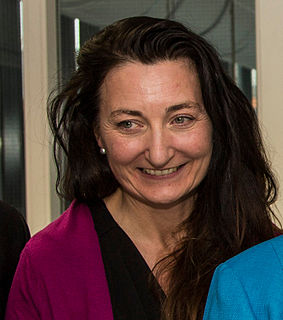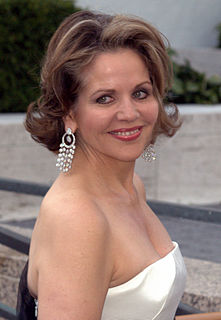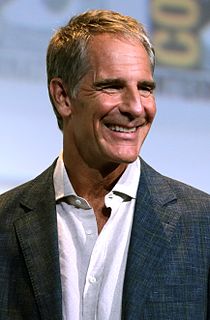A Quote by Shirley Williams
We have run out of creativity for children and teachers alike in the name of pushing up standards.
Related Quotes
And when it comes to developing the high standards we need, it's time to stop working against our teachers and start working with them. Teachers don't go in to education to get rich. They don't go in to education because they don't believe in their children. They want their children to succeed, but we've got to give them the tools. Invest in early childhood education. Invest in our teachers and our children will succeed.
The great enemy of creativity is fear. When we're fearful, we freeze up - like a nine-year-old who won't draw pictures, for fear everybody will laugh. Creativity has a lot to do with a willingness to take risks. Think about how children play. They run around the playground, they trip, they fall, they get up and run some more. They believe everything will be all right. They feel capable; they let go. Good businesspeople behave in a similar way: they lose $15 million, gain $20 million, lose $30 million and earn it back. If that isn't playing, I don't know what is!
If our entertainment culture seems debased and unsatisfying, the hope is that our children will create something of greater worth.But it is as if we expect them to create out of nothing, like God, for the encouragement of creativity is in the popular mind, opposed to instruction. There is little sense that creativity must grow out of tradition, even when it is critical of that tradition, and children are scarcely being given the materials on which their creativity could work


































